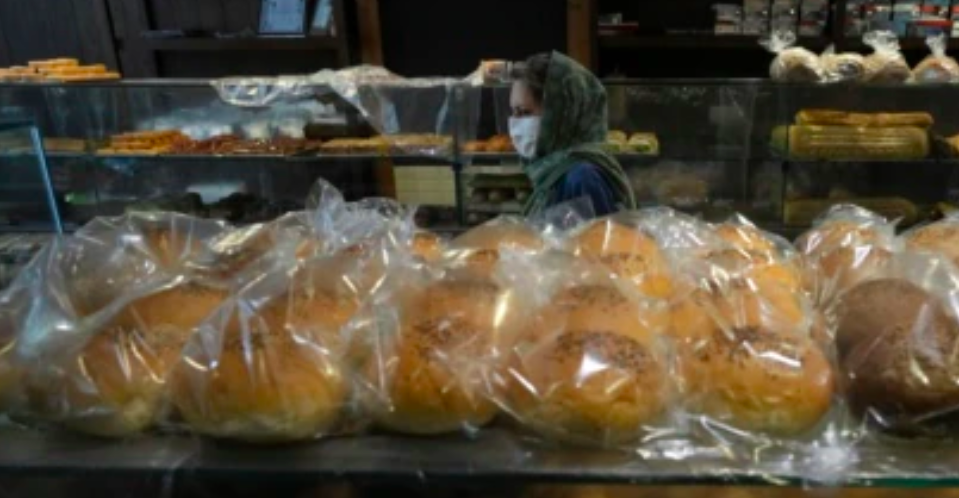Reports of protests over inflation and the rising cost of food in Southwestern Iran’s oil-rich province of Khuzestan began on May 6, after which reports of internet disruptions soon followed. Human rights organizations and activists immediately expressed concern over the safety of protestors, given the disturbing pattern of internet shutdowns and deadly force employed by Iranian security forces that we have witnessed in recent years. Later in the week, on May 12, more protests erupted across cities in Iran to express outrage over skyrocketing prices of essential foods such as chicken, eggs and dairy products.
The rising cost of food is critical for millions of poor and working-class Iranians who are already struggling in Iran’s devastated economy. The incompetence and corruption of Iranian authorities combined with years of broad-based sanctions have caused major economic hardship for people across the country. Now with the ongoing war in Ukraine, food supplies and staples such as wheat have been impacted, compounding the troubles of an already grim situation. Not surprisingly, protests have revealed political issues that go beyond the cost of food and targeted the country’s leadership, condemning Iran’s Supreme Leader Ali Khamenei and the hardline administration of Ebrahim Raisi that is responsible for cutting state subsidies on essential goods.
Reports late last week indicated that in addition to the disruptions in internet access, Iranian security forces had arrested several people and used tear gas to disperse protestors. However, more concerning were the videos showing the sound of shooting and armed security forces as fears of deadly force being used against protestors became a reality. As protests spread across Iran to northern and central cities such as Rasht and Farsan, news broke of at least one protestor’s death on May 14. Reuters stated yesterday that at least four people had been killed in protests according to unconfirmed reports, however, the number of deaths may well be higher.
In light of this deadly force and the expansion of protests, U.S. State Department Spokesperson Ned Price shared a tweet from his official account showing support for the rights of Iranian people to “peaceful assembly and freedom of expression online and offline – without fear of violence and reprisal.” There is no doubt that Iranians, like all people the world over, have the right to assembly and to express their rightful grievances as their livelihoods continue to be threatened. NIAC unequivocally condemns the use of force against protestors and calls on Iranian authorities to abide by their human rights obligations. Rather than attacking their basic rights and their lives, Iranian officials must address the critical needs of the Iranian people.
Back to top

